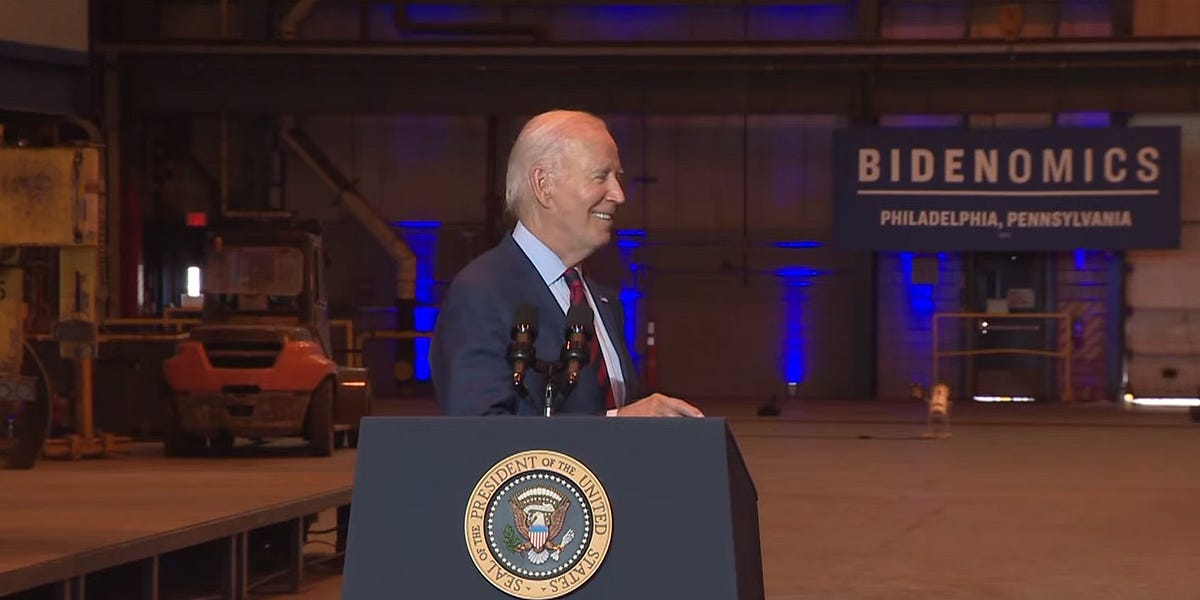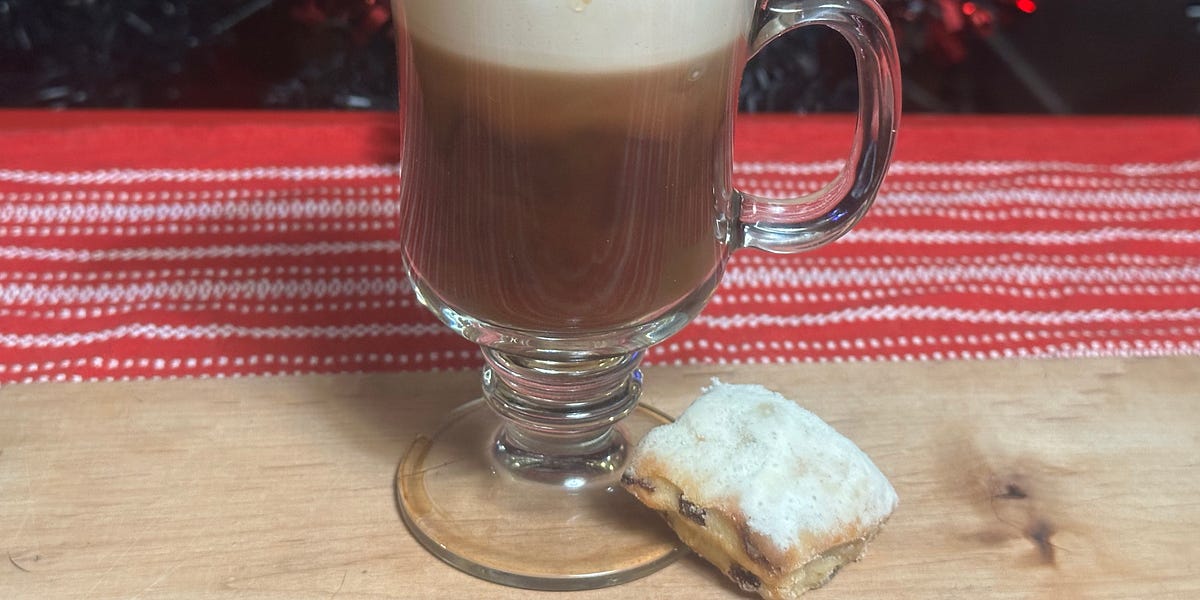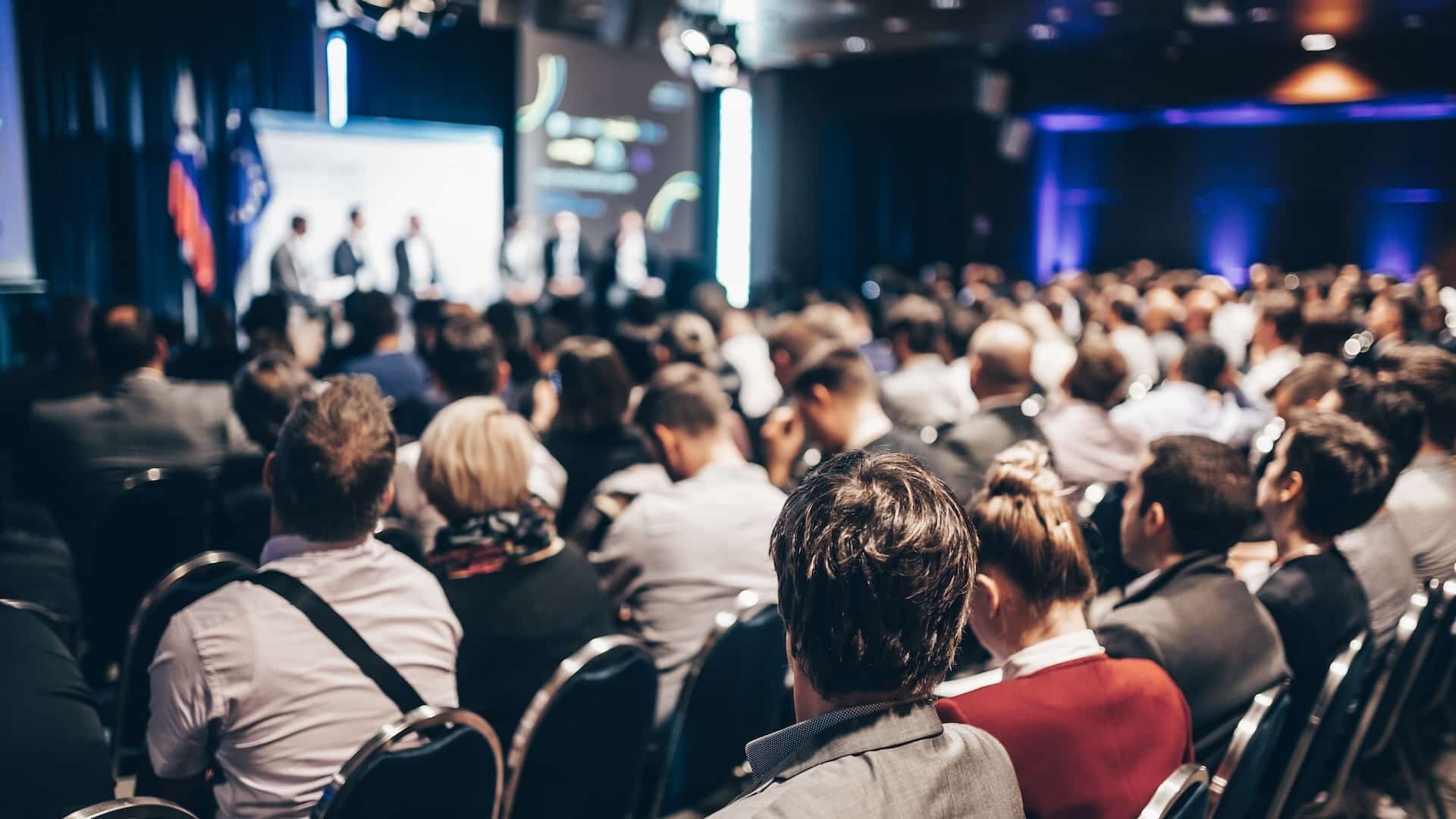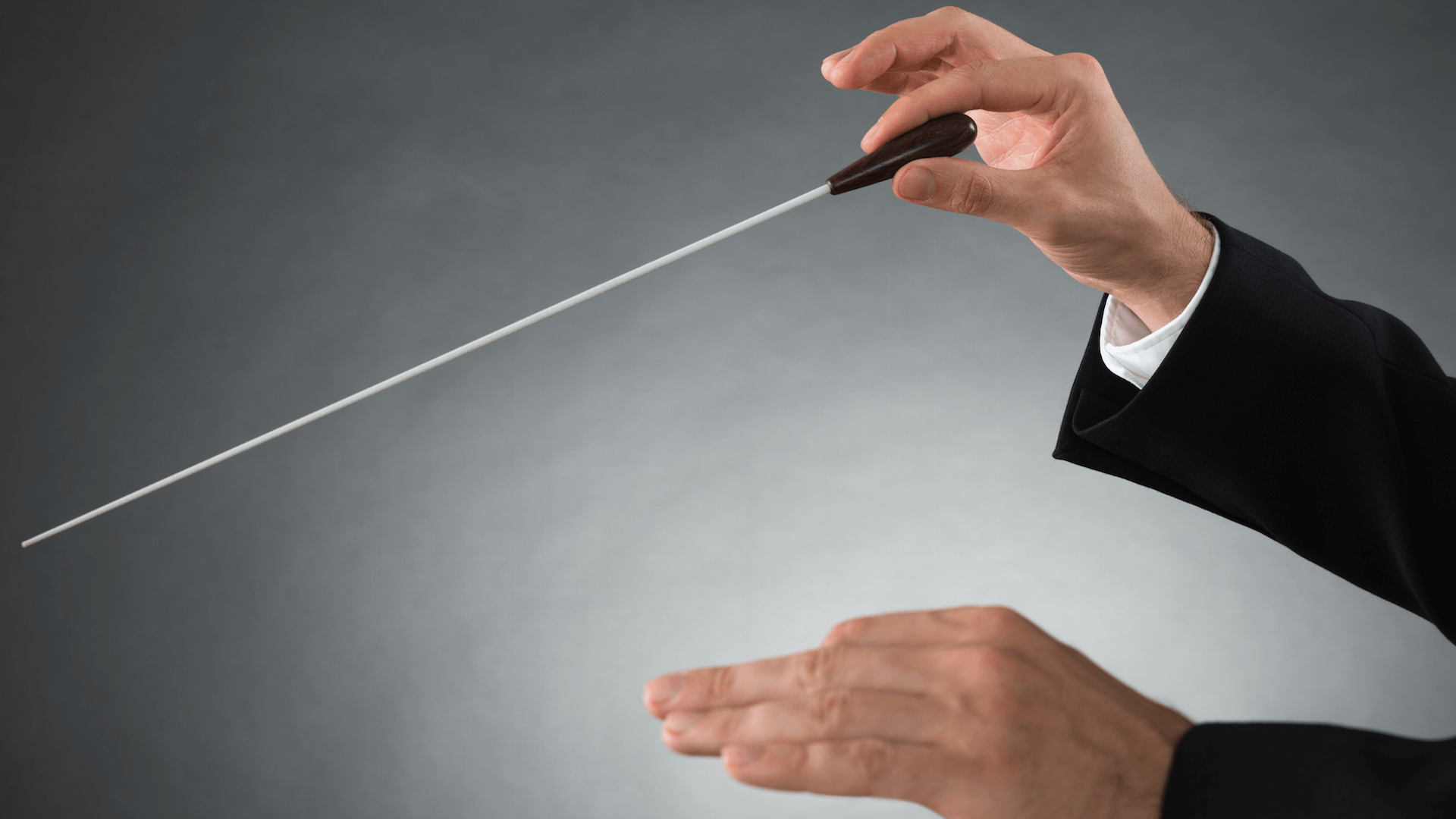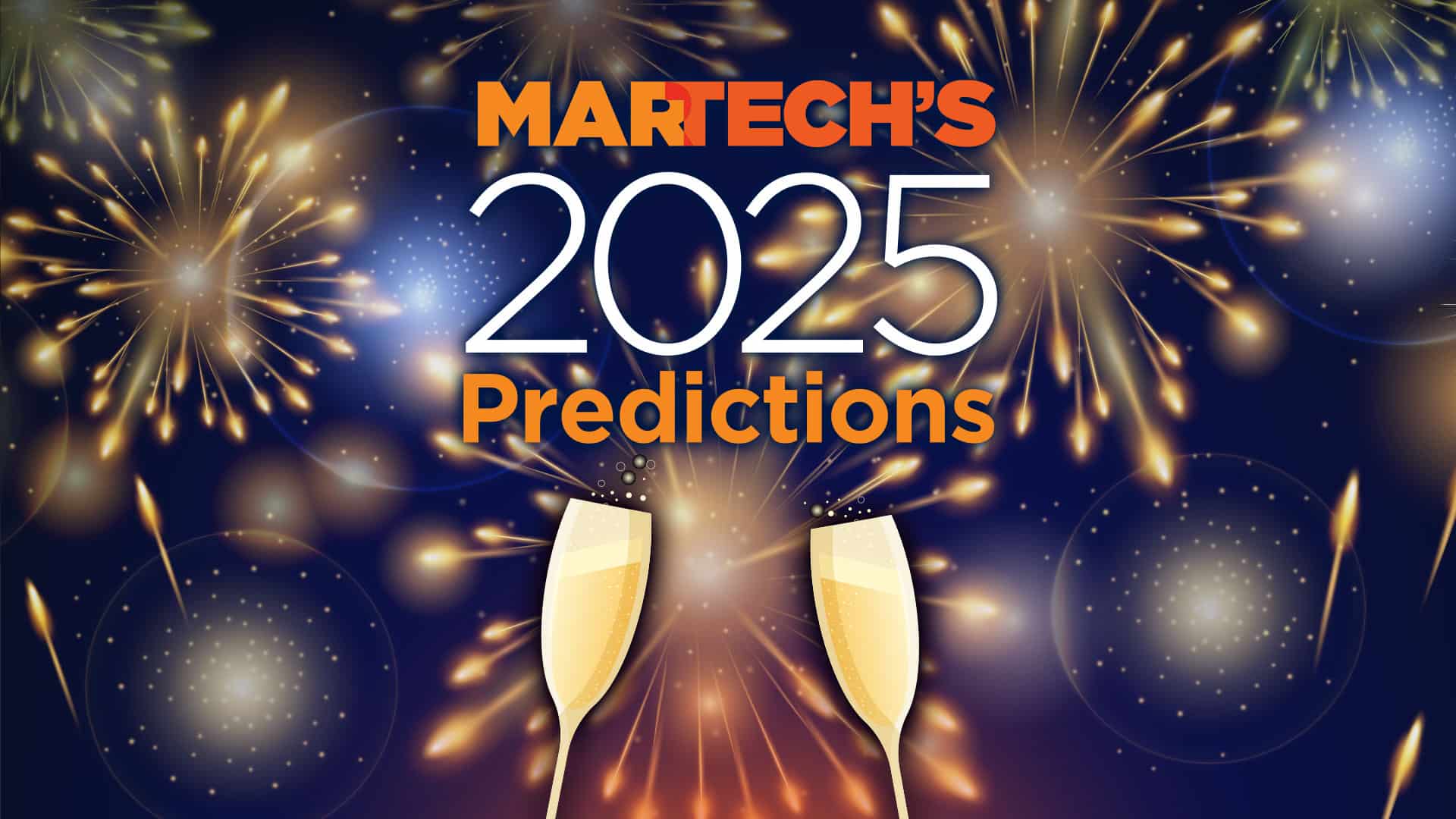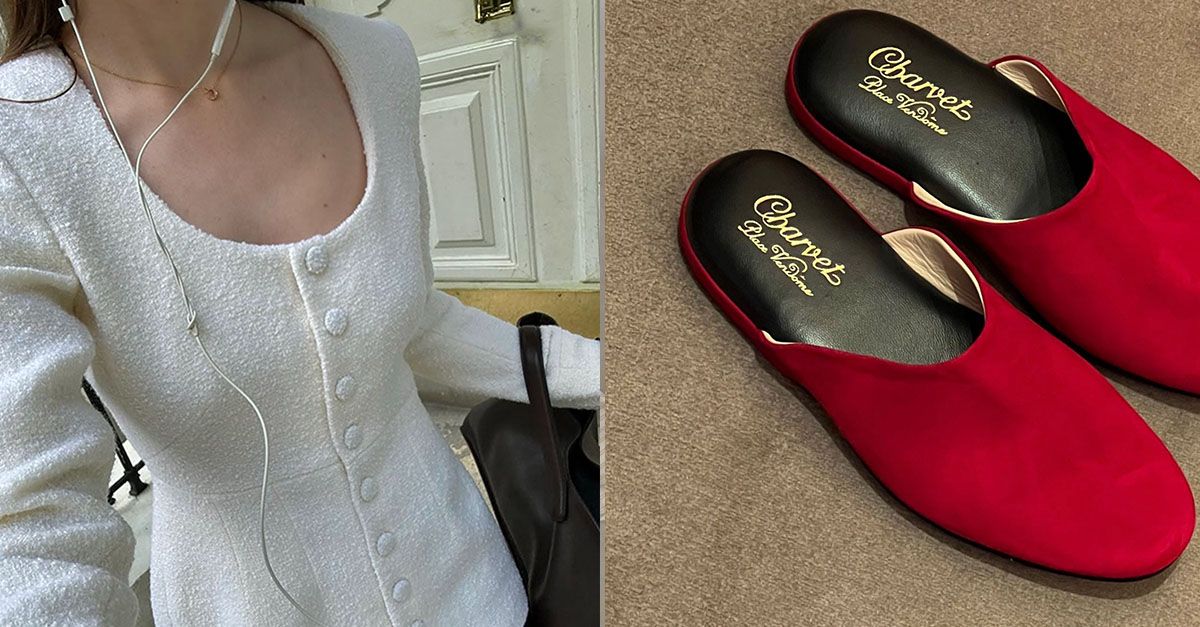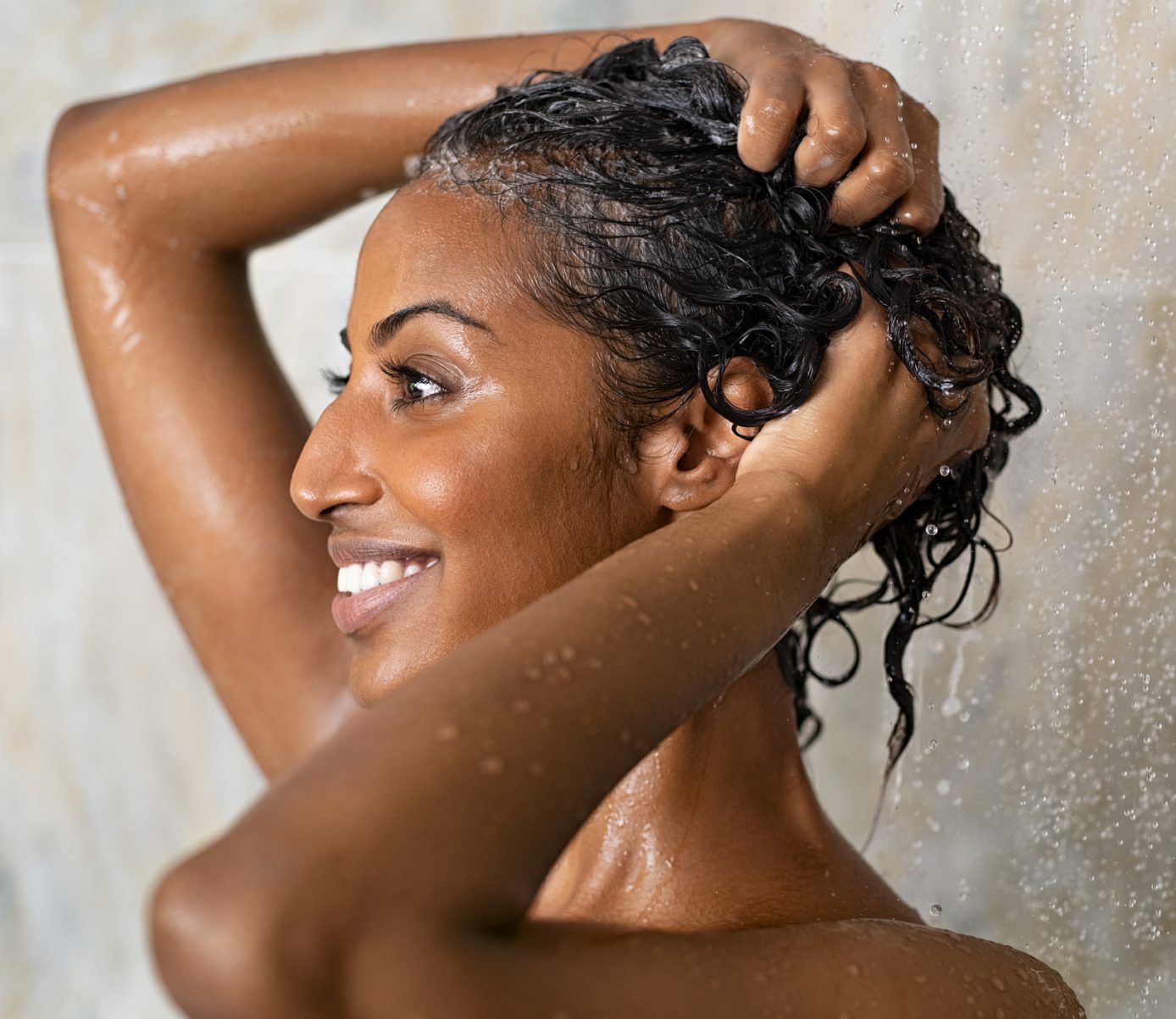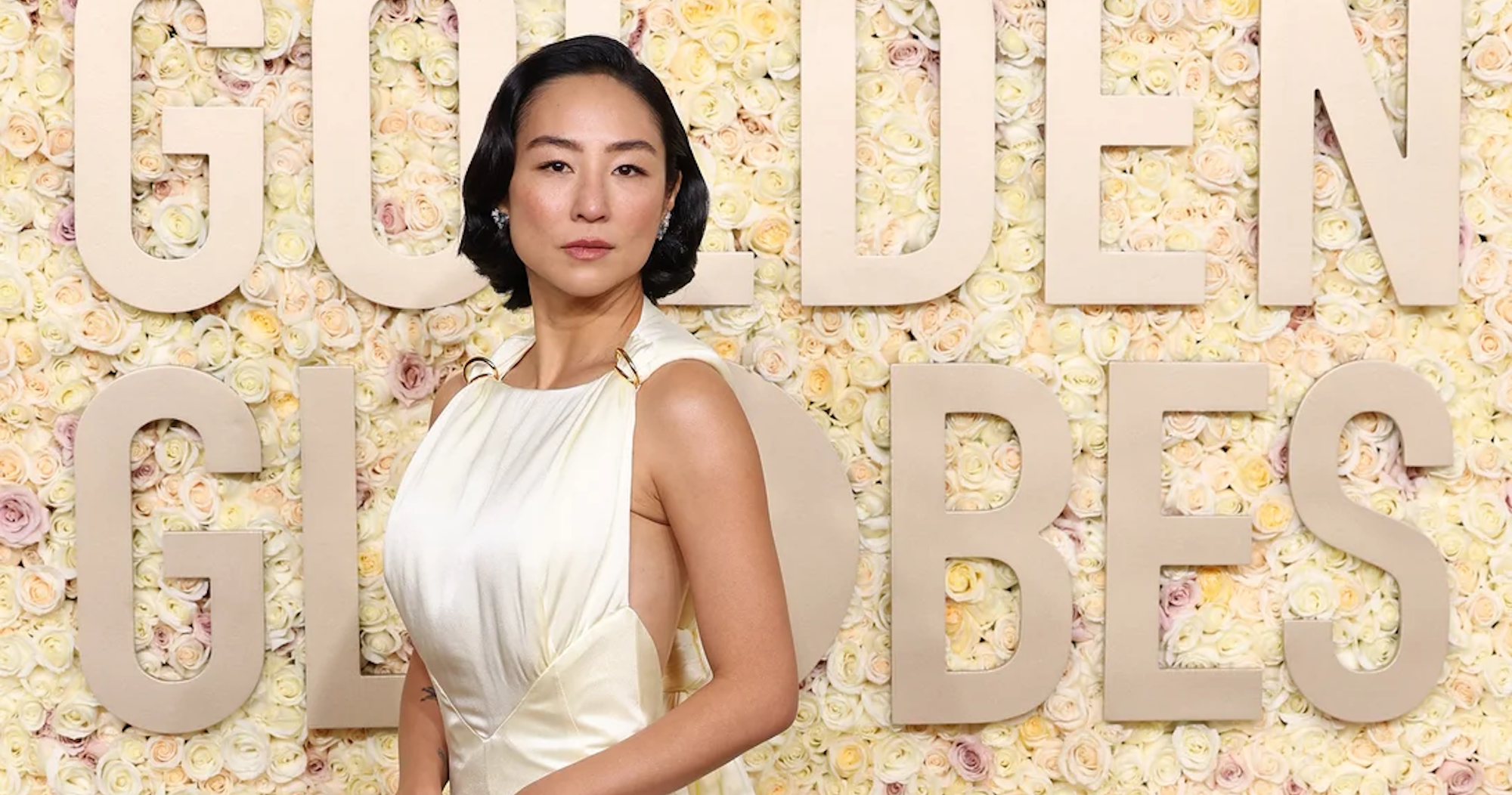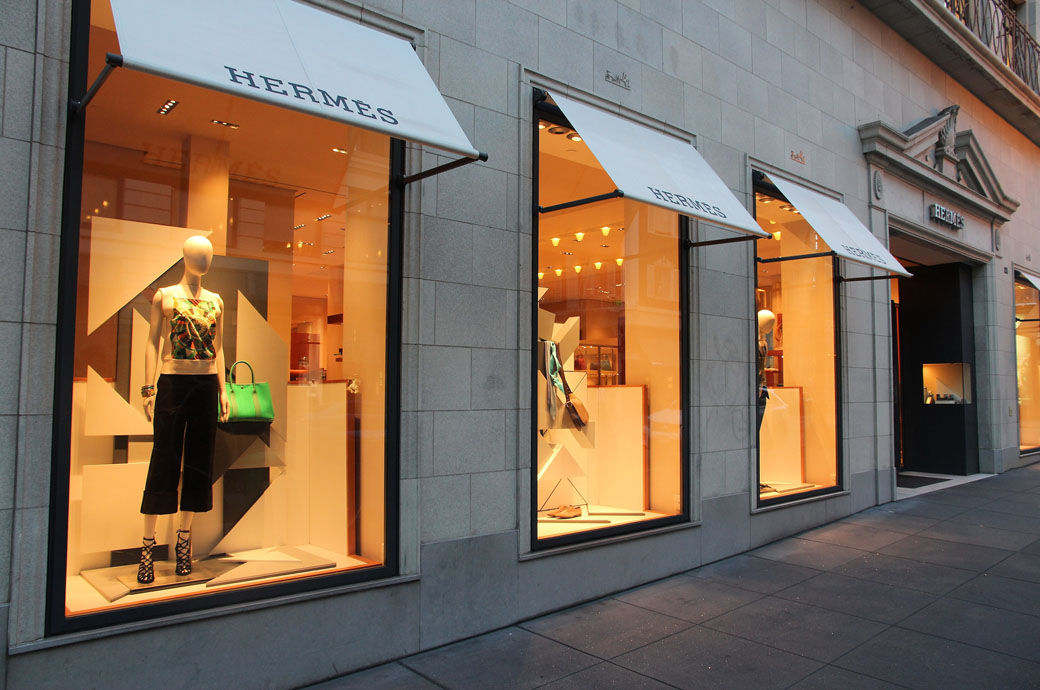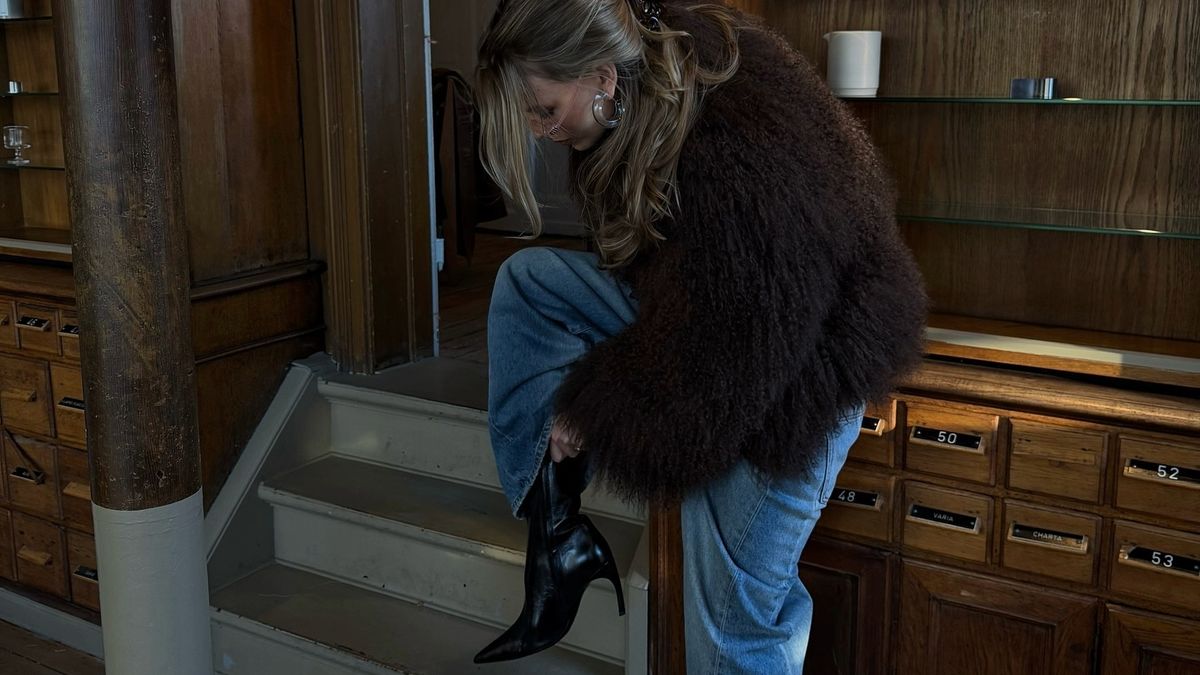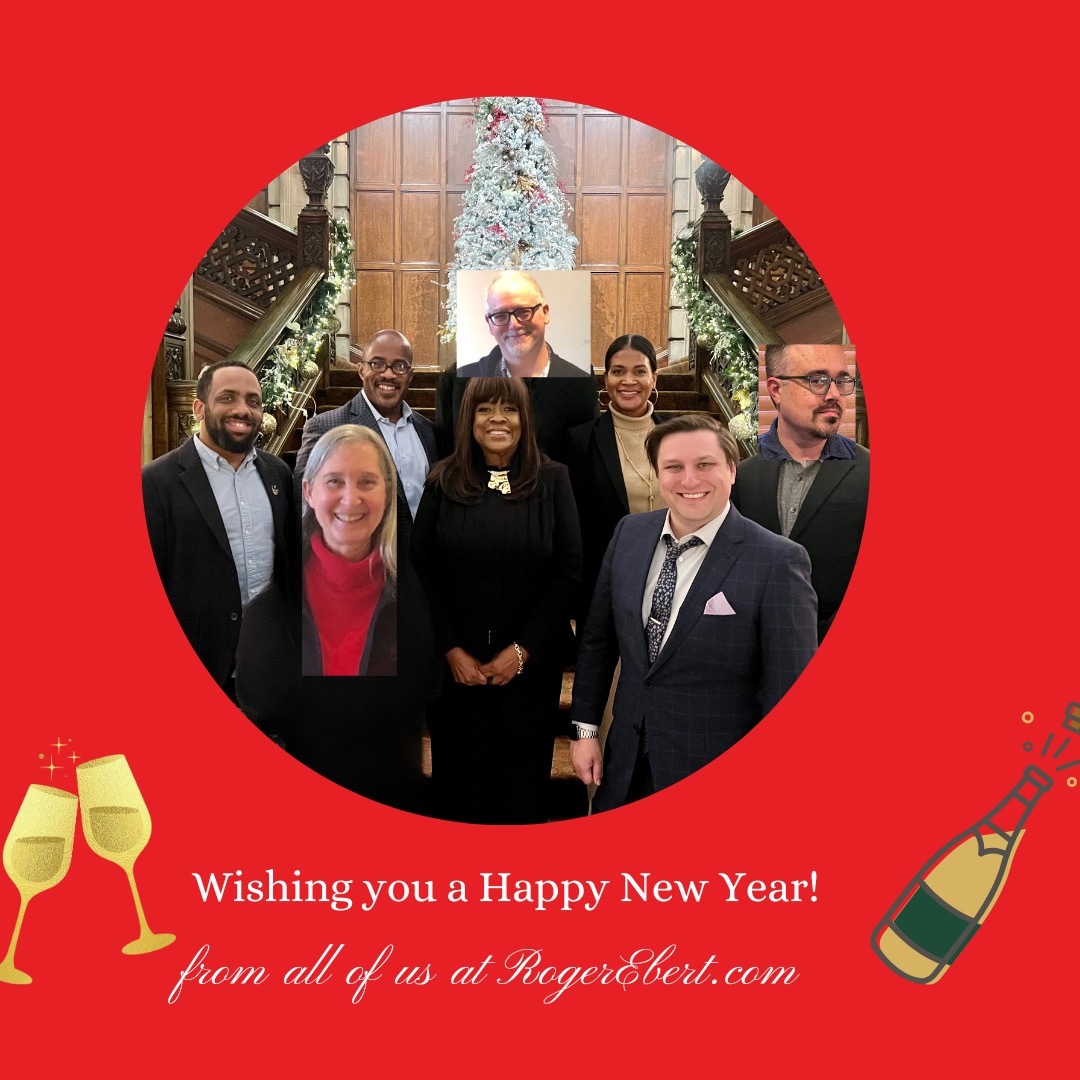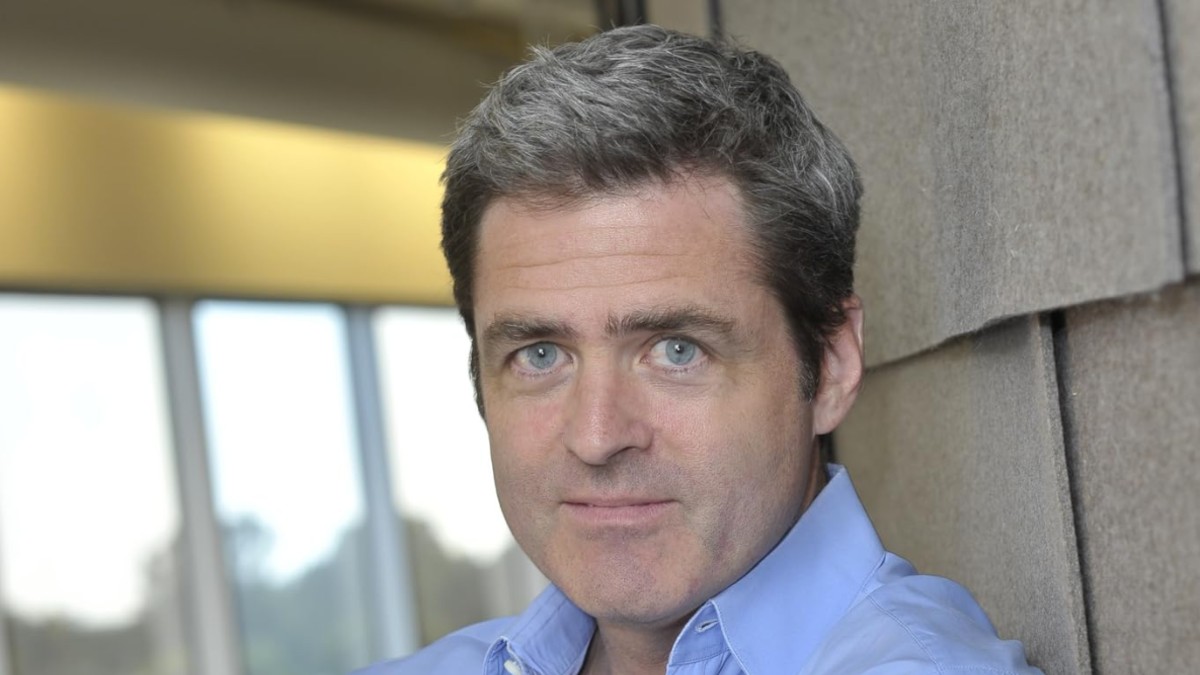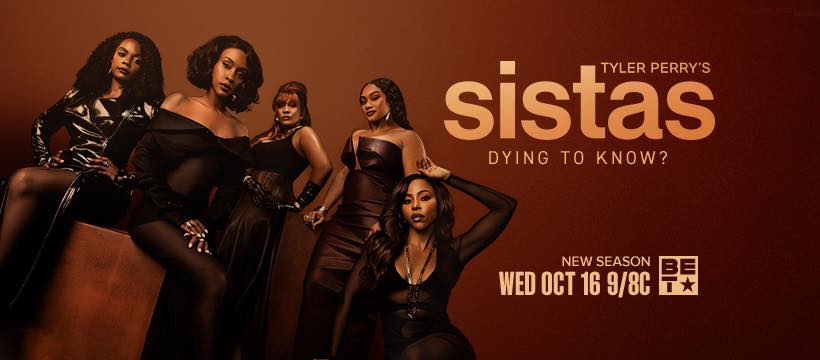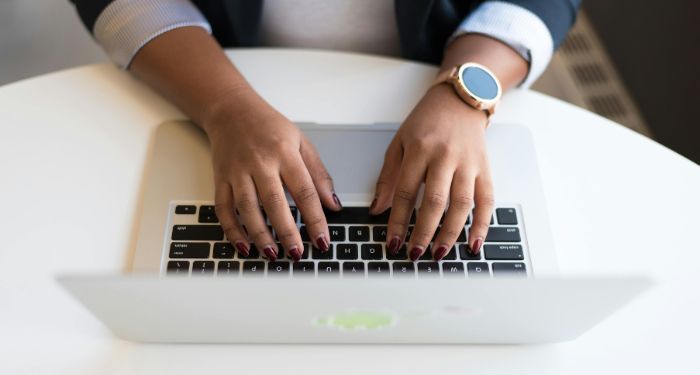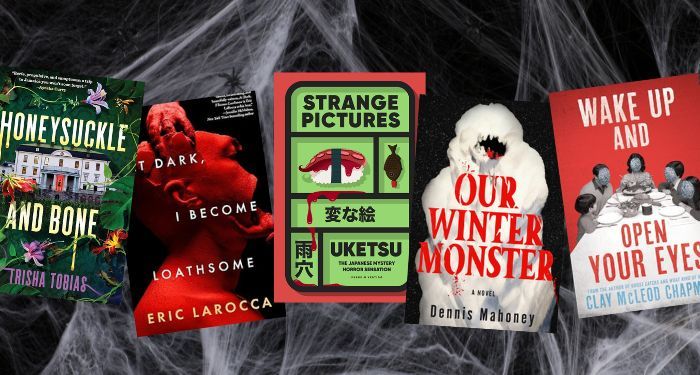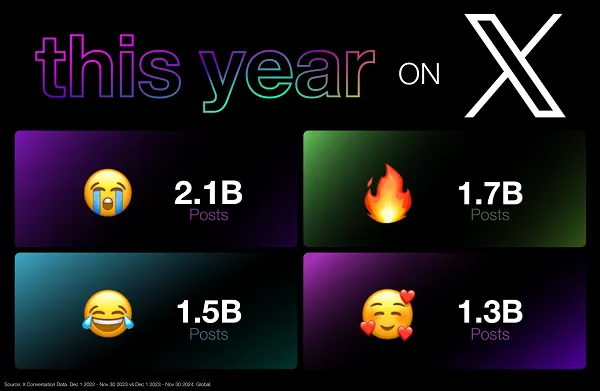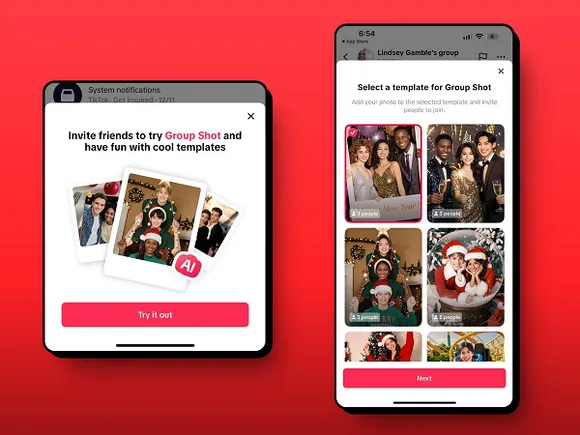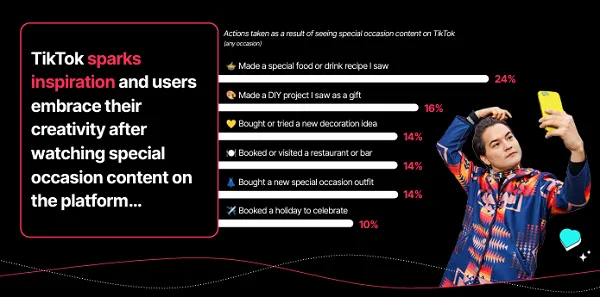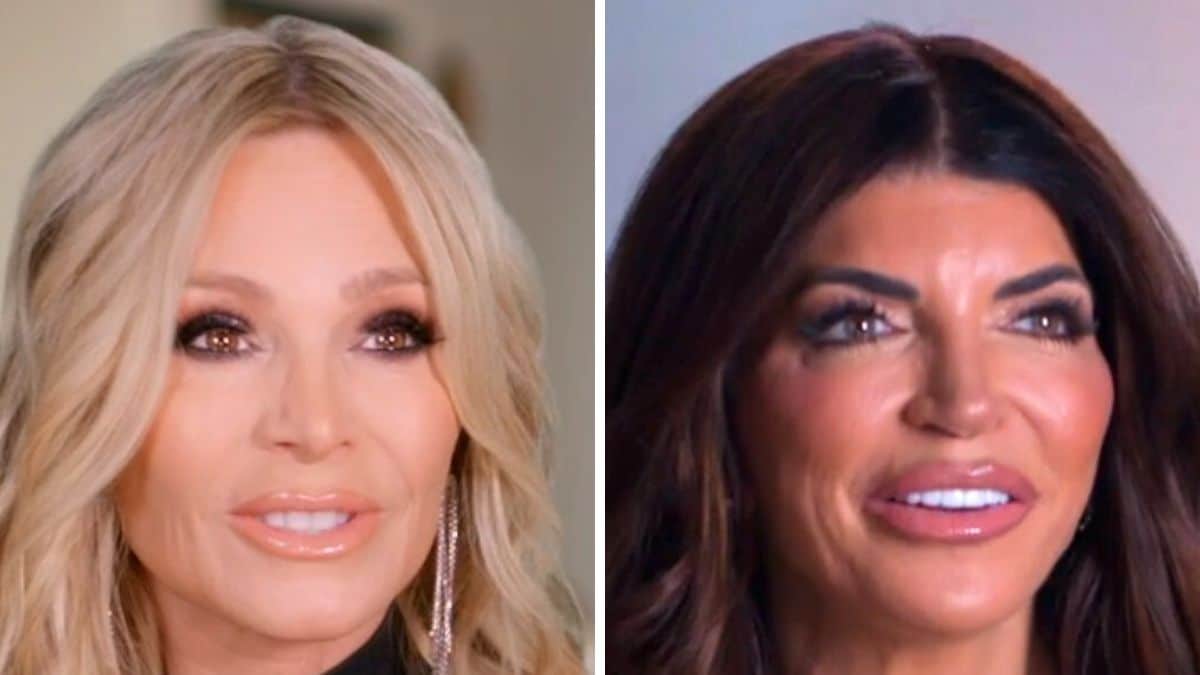B
eauty standards have long been a driving force in shaping society and the people. From ancient civilizations to contemporary cultures, societies have assigned value to specific physical attributes, often defining a narrow and elusive definition of beauty. Those fortunate enough to possess these coveted traits are often bestowed with an invisible, yet potent privilege that can profoundly impact their interactions, aspirations, and life outcomes.
What is pretty privilege?
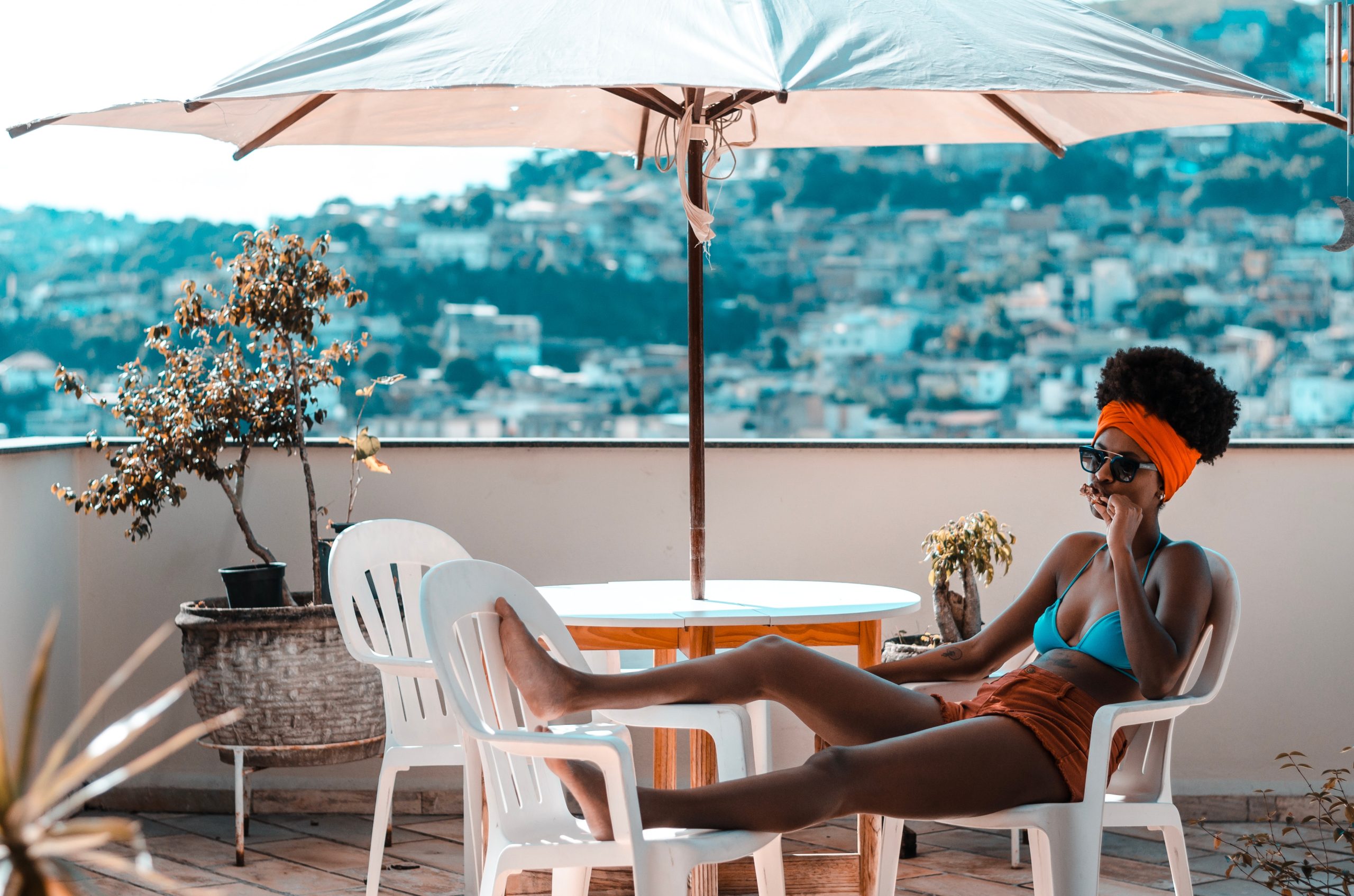
Pretty privilege, or beauty bias, suggests that the conventionally attractive in society benefit because of their looks. Simply put, those that society deems more attractive get the upper hand in life. It intersects with other dimensions of identity, such as race, gender, and socioeconomic status, magnifying or diminishing its effects in complex ways. The allure of pretty privilege and its implications extend far beyond personal experiences, reaching into the realms of relationships, careers, and societal structures.
Implications of pretty privilege
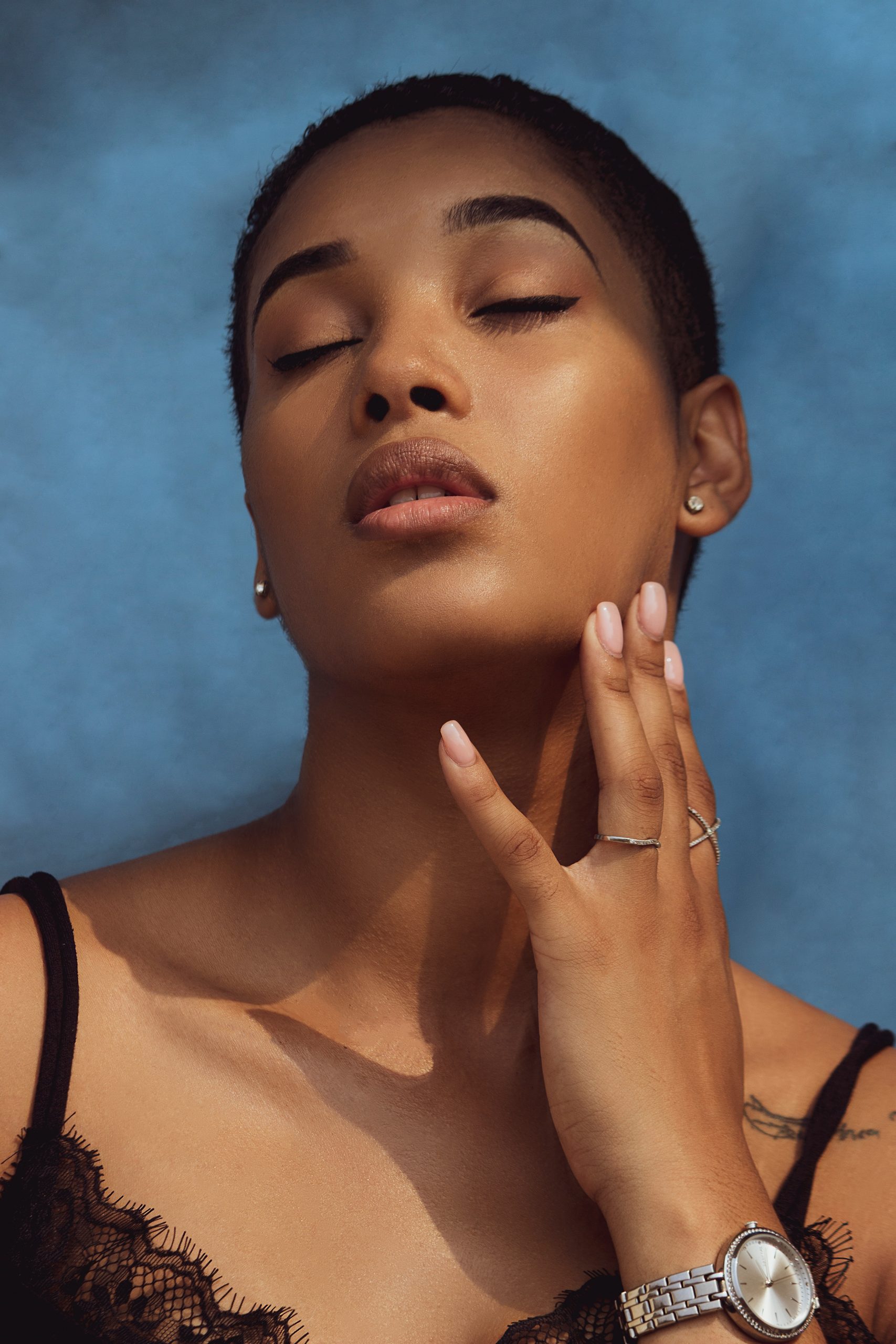
The implications of pretty privilege are far-reaching. Those who possess it often find themselves at an advantage in various aspects of life. They may receive more attention, validation, and opportunities simply based on their appearance. In social interactions, attractive people tend to command greater influence and receive favorable treatment, whether consciously or subconsciously.
This phenomenon extends its influence into professional settings as well. Studies have shown that attractive ones are more likely to be hired, promoted, and earn higher salaries compared to their less attractive counterparts. The charm of beauty often captures the attention of employers, influencing their perception of competence and potential success. This bias in favor of attractiveness perpetuates a cycle of advantage, further amplifying the benefits afforded to those deemed pretty.
So why is it even a thing?
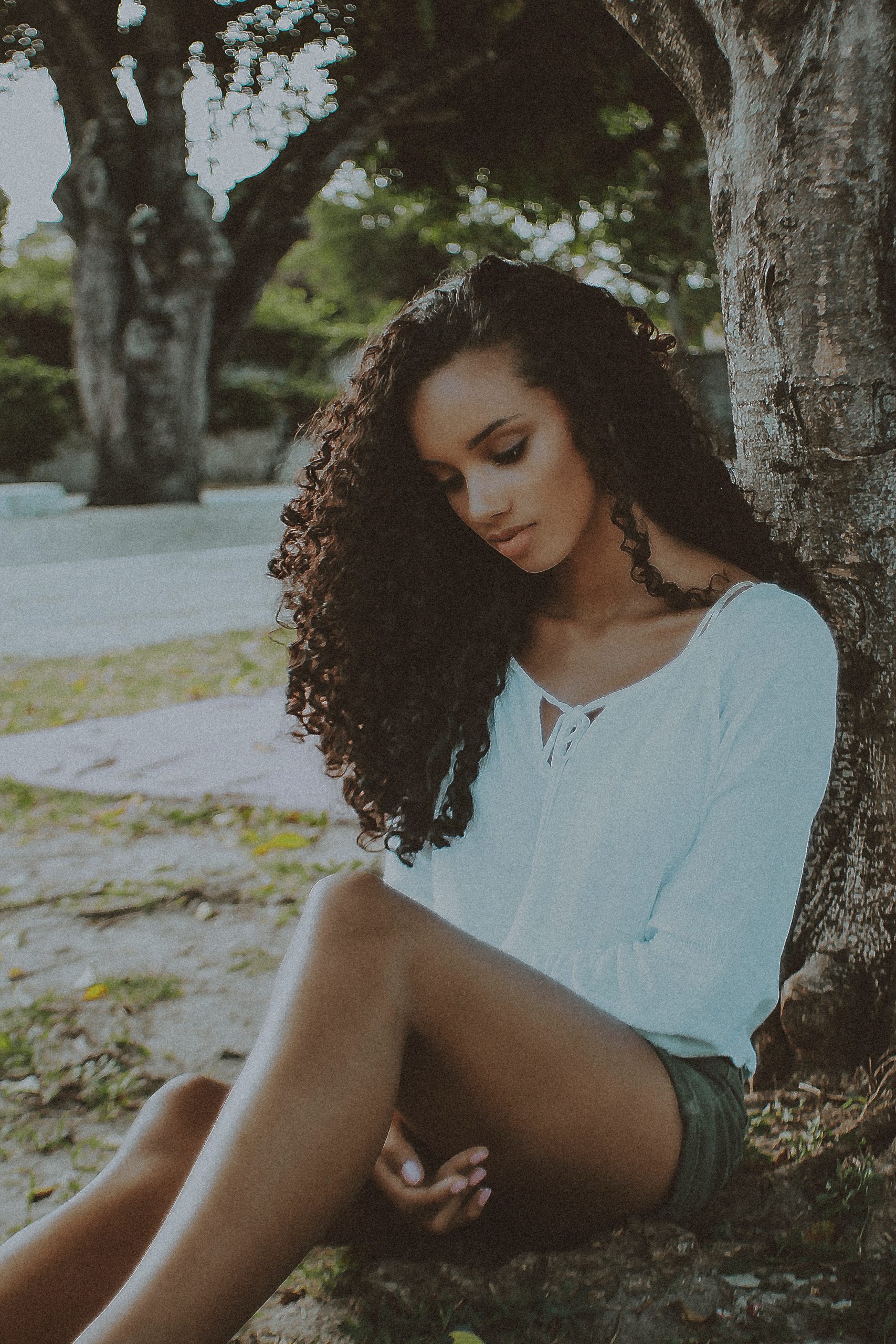
Media and popular culture play a significant role in perpetuating pretty privilege. Glossy magazines, advertising campaigns, and entertainment industries often portray a limited and homogeneous concept of beauty, reinforcing societal ideals that exclude diverse representations. These portrayals not only shape public perception but also contribute to the perpetuation of beauty-centric standards that prioritize external appearance above other qualities.
However, pretty privilege is not without controversy. Critics argue that it creates an inherently unfair and shallow society, where worth and opportunities are unfairly distributed based on looks alone. The impact on self-esteem, body image, and mental health for those who do not conform to narrow beauty standards can be profound and damaging. Moreover, this mindset intersects with other forms of privilege, such as race, gender, and socioeconomic status, making the experience of attractiveness complex and nuanced.
How to overcome the pretty privilege
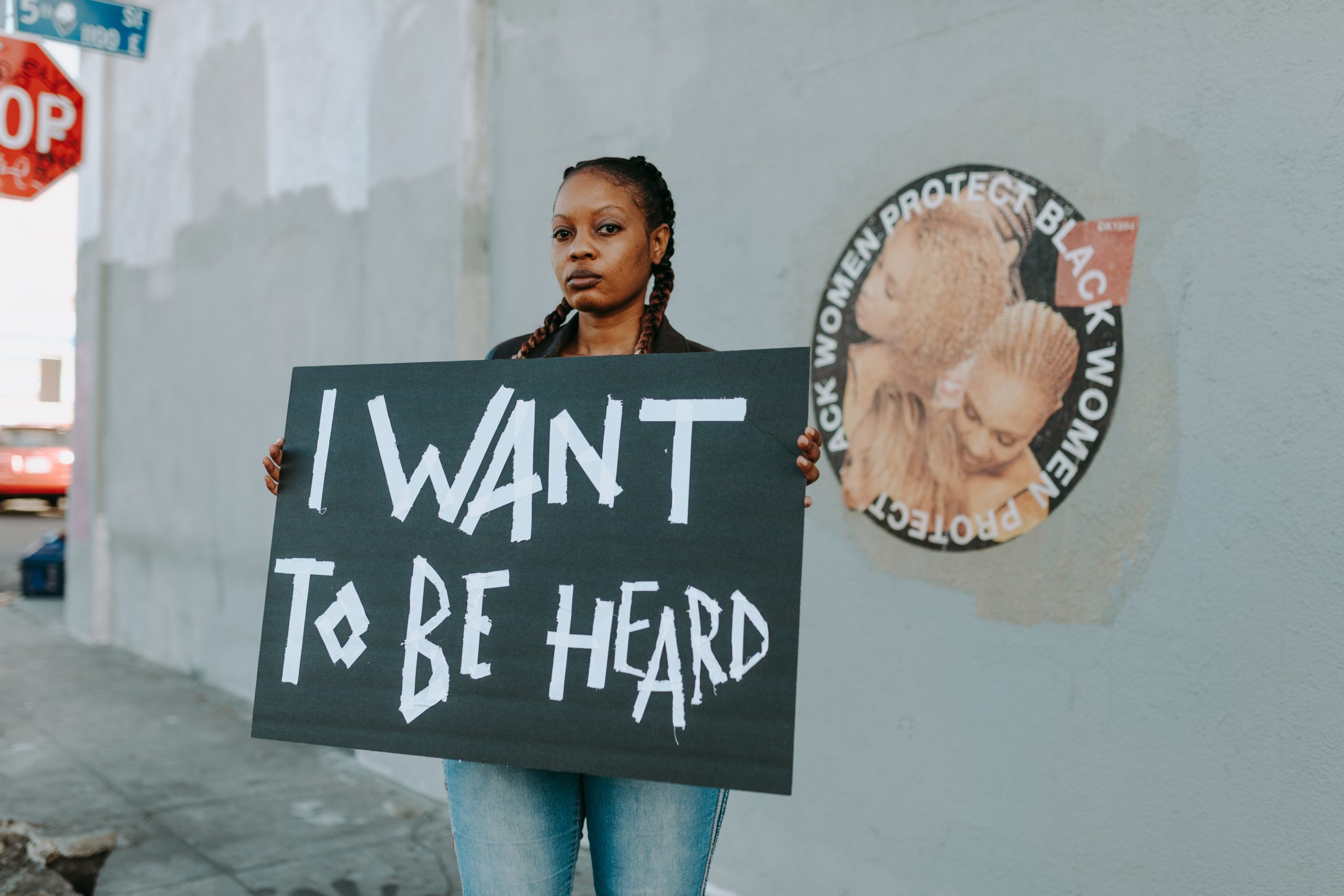
Overcoming pretty privilege requires collective effort and commitment to promoting inclusivity, challenging beauty norms, and redefining societal values. Here are some strategies that can help:
- Raise awareness: Increasing awareness about the existence and impact of this mentality is crucial. Educate yourself and others about the biases and inequalities associated with beauty standards. Engage in conversations, share resources, and highlight personal experiences to foster understanding and empathy.
- Challenge beauty standards: Question the narrow beauty standards perpetuated by the media and society. Celebrate diverse forms of beauty and promote inclusivity by embracing different body types, ethnicities, ages, and abilities. Encourage a more comprehensive and inclusive definition of beauty that values inner qualities and individual uniqueness.
- Foster media literacy: Develop critical media literacy skills to analyze and deconstruct the messages conveyed by the media. Be aware of the manipulative tactics used to create unrealistic beauty ideals. Also, support and consume media content that promotes diversity and authentic representation.
- Encourage authenticity: Emphasize the importance of authenticity and inner qualities, rather than solely focusing on external appearances. Celebrate talents, skills, intelligence, kindness, and other valuable attributes that go beyond physical attractiveness. Plus, you can encourage others to cultivate and showcase their unique strengths and talents.
- Advocate for equal opportunities: Promote equal opportunities and fair treatment in various spheres of life, including education, employment, and social settings. Advocate for policies that address biases based on appearance and create a more level playing field. Encourage workplaces to prioritize skills and qualifications over physical appearance during hiring and promotion processes.
- Amplify underrepresented voices: Echo the voices and experiences of all who do not fit into conventional beauty standards. Support initiatives that promote inclusivity and provide platforms for marginalized communities to share their stories, perspectives, and achievements. This will foster a culture that values and uplifts diverse voices.
- Cultivate self-acceptance and body positivity: Encourage others to develop healthy relationships with their bodies and cultivate self-acceptance. Promote body positivity by challenging harmful beauty ideals and promoting self-love and self-care practices that prioritize overall well-being, rather than striving for unattainable perfection.
- Advocate for policy changes: Support policy changes that address discrimination based on appearance and promote diversity and inclusivity. This can include initiatives to improve representation in media, educational curricula that promote body positivity and self-esteem, and workplace policies that discourage appearance-based discrimination.
Overcoming pretty privilege is an ongoing process that requires a collective effort to challenge societal norms, dismantle biases, and create a more inclusive and equitable society. By taking individual and collective actions, we can work towards a future where worth is not solely determined by physical appearance, but is influenced by the richness of diverse human experiences and qualities.
Featured image: Mikhail Nilov/Pexels
For the latest in fashion, lifestyle, and culture, follow us on Instagram @StyleRave_
This is a Style Rave original content exclusively created for our readers. If reproduced, distributed, transmitted, cached, or otherwise used by any other publishing house or blogs, such use should provide a direct link to this source article. Use of and/or registration on any portion of this site constitutes acceptance of our Terms & Conditions and Privacy Policy.
—Read also









